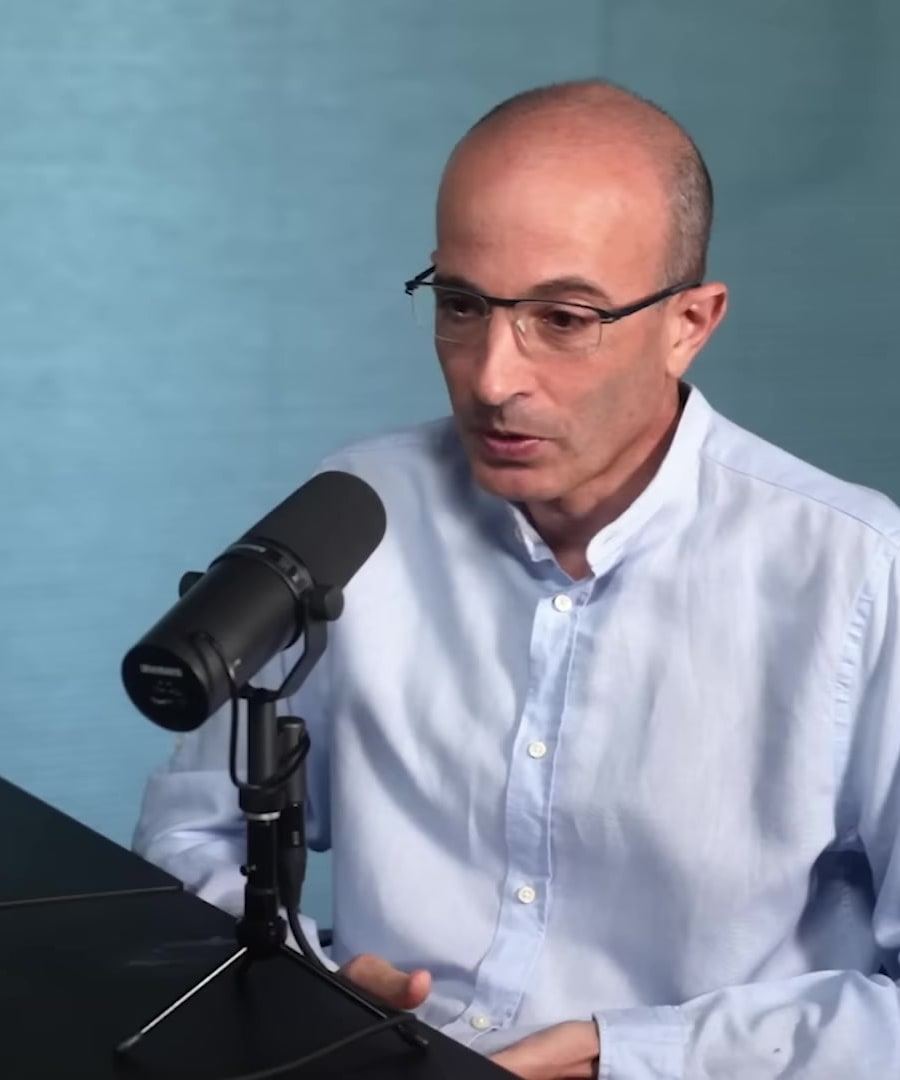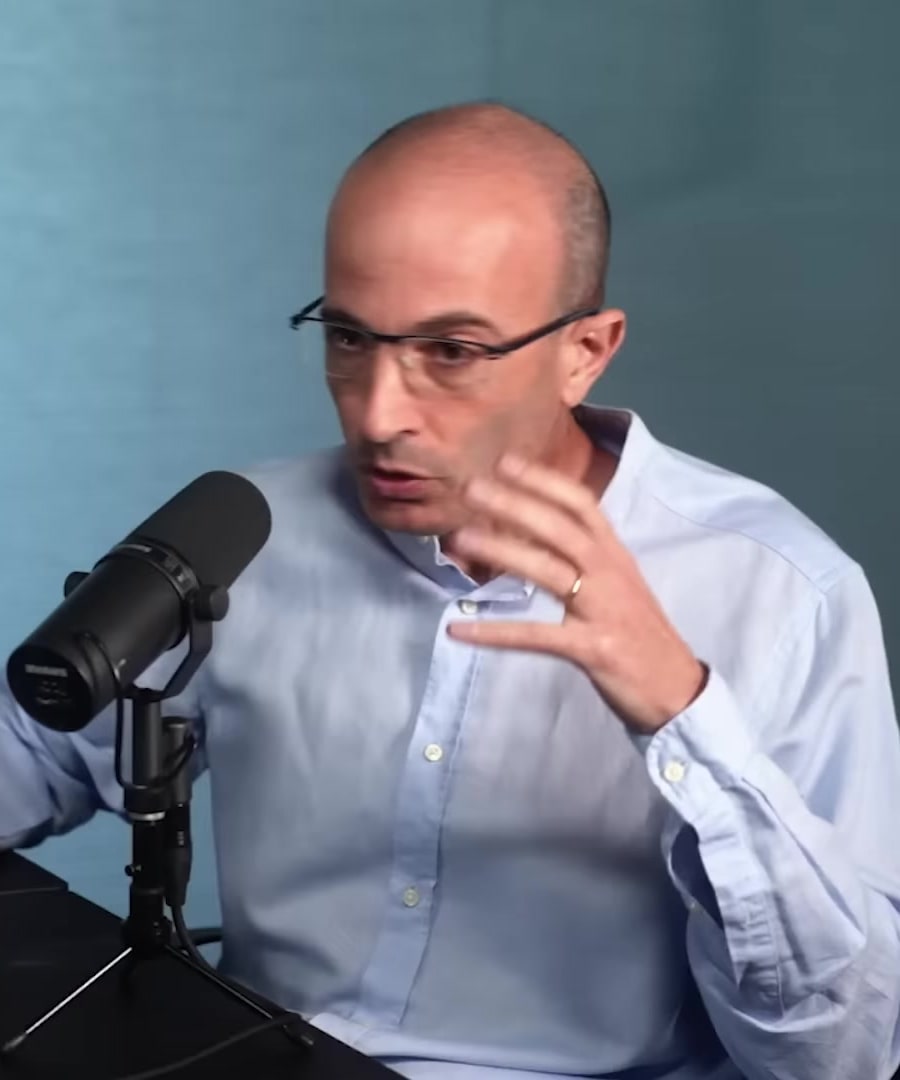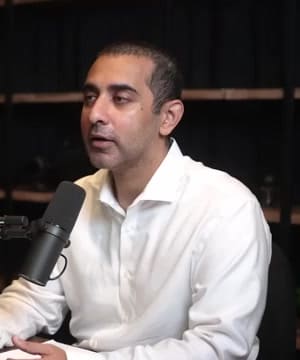Fiction vs Truth
Sources:
In the discussion on the interplay between fiction and truth, several key points were raised by Lex Fridman and his guests:
-
Truth in Fiction: Yuval Noah Harari pointed out that suffering resulting from fictional stories, such as religious wars or societal rules, represents a kind of truth. The impact is real even if the beliefs or stories driving the actions are not factual. He also noted that recognizing the human origin of societal rules allows for their amendment, unlike divine or immutable laws 1.
-
The Allure of Fiction: Harari further explained how fiction can be more appealing than truth because it can be simple and comforting, whereas truth is often complex and painful. This can be used manipulatively, as seen in the simplistic and attractive narratives employed by political movements like fascism, which distort reality to create appealing, albeit misleading, ideologies 2.
-
Adaptive Fiction of Reality: Donald Hoffman argued that our perception of reality itself is an "adaptive fiction" shaped by evolutionary needs rather than an accurate reflection of truth. This suggests that much of what we accept as reality is constructed by our perceptions and cognitive frameworks, which are designed to aid survival rather than to understand deeper truths 3.
-
Fiction's Impact on Political and Technical Truths: Balaji Srinivasan differentiated between "technical truths," which are immutable facts like scientific laws, and "political truths," which can change based on collective beliefs or consensus. He highlighted how shifts in collective perception can alter political realities, pointing out the potential to leverage technology to transform mutable truths into more concrete, rule-based systems 4.
These insights reveal the complex relationship between fiction and truth, showing how fiction not only shapes our perceptions and actions but also has the power to create realities that, while not factually accurate, have real-world consequences and influence.
RELATED QUESTIONS-



